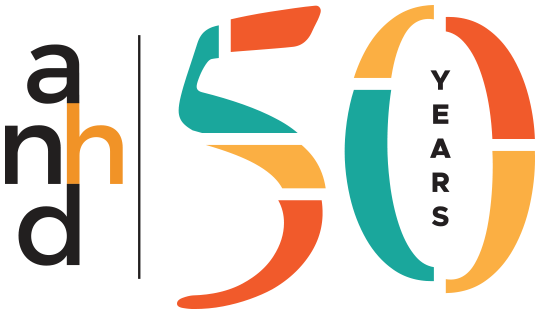
TCC: Don’t Reinforce Systemic Racism as ULURP Restarts
August 12, 2020
Statement from the Thriving Communities Coalition on the Restarting of ULURP

New York, NY – The Thriving Communities Coalition calls on the City to implement an anti-racist approach to expanding access to the ULURP process as it restarts. At a time when the public health, economic, and social crises we face are compounding the negative impacts to low-income communities of color, we need our leaders and decision-makers to commit to doing everything they can to ensure an anti-racist and equitable process for collaborating with the people of New York.
We understand the need to start moving projects forward that advance recovery and address the needs of our hardest hit communities. However, the City needs to address the very serious gaps in access our communities face and ensure that marginalized communities are able to meaningfully and consistently participate in the City’s public processes. Virtual engagement creates a tremendous opportunity to expand the capabilities of city agencies and community boards to reach more people, especially communities of color and low-income communities, where barriers to participation are common. However, simply looking at the raw numbers of people viewing hearings or testifying online does not equal success. We need strategies that acknowledge and seek to eliminate barriers to digital participation including:
- Inequitable access to internet service: over 40% of New Yorkers in poverty lack adequate access to internet service, making participation in most virtual hearings and public processes difficult if not impossible.
- Limited technology and competing demands: families that do have access face competing priorities at home, especially those with children needing access to technology to engage in remote learning,and may experience spotty connections or high demand for computer time.
- Limited time: Those hardest hit and most directly impacted by proposed plans may be unable to find work, or must work multiple jobs to make ends meet. A lack of childcare and limited options for socialization means many evenings may be spent outdoors in parks and playgrounds. Having to spend hours online waiting for an opportunity to participate in public hearings can be prohibitive for many New Yorkers.
- Limited experience with technology: As more people engage in the process, more users will experience technical difficulties and other accessibility issues throughout the process, which can present on-going challenges.
- Language Access: language barriers permeate throughout the ULURP process, from meeting materials and notices to websites where we sign up to testify to the hearings and presentations themselves. These barriers exclude New Yorkers with limited or no English proficiency, which means many members of our hardest hit communities are excluded.
Technology allows new flexibility in some respects but is not a panacea. We need our City agencies to develop an anti-racist framework that will directly address the barriers to participation our communities face. The City should partner directly with local community-based organizations in under-served and under-represented communities now to address these known challenges as we restart ULURP. It should be inclusive, enable bottom-up organizing, and give people the opportunity to own these processes and decide how they wish to participate without placing undue burdens on their already limited time and capacity. As we build out our recommendations to improve community planning, ownership and engagement, the Thriving Communities Coalition stands ready to work with the City to incorporate these approaches into its framework to achieve a more equitable land use process.
----------
About Thriving Communities Coalition
Thriving Communities Coalition (TCC) a coalition of grassroots, policy and planing orgs dedicated to equity in planning and land use in New York City. TCC includes grassroots organizing, advocacy, policy, and technical assistance groups who work across various issue areas and neighborhoods, and came together in response to the formation of the 2019 Charter Revision Commission.
Learn more on our website.
